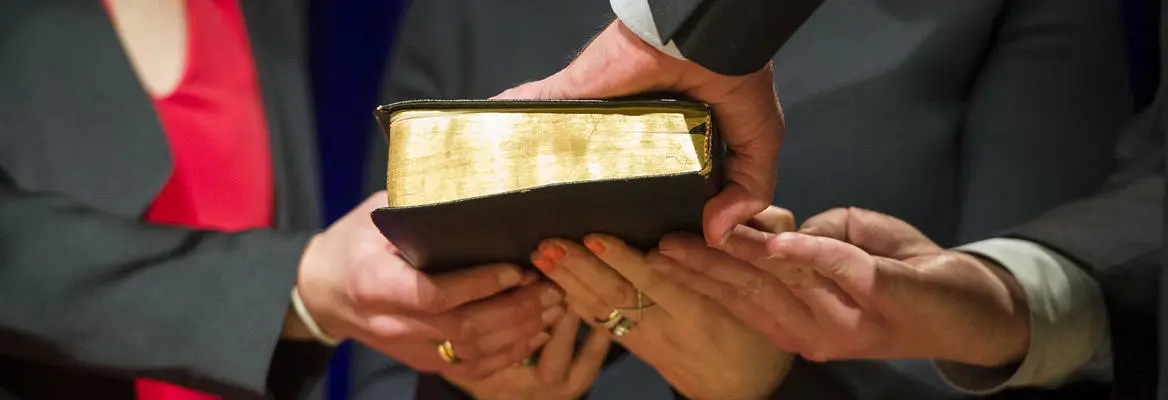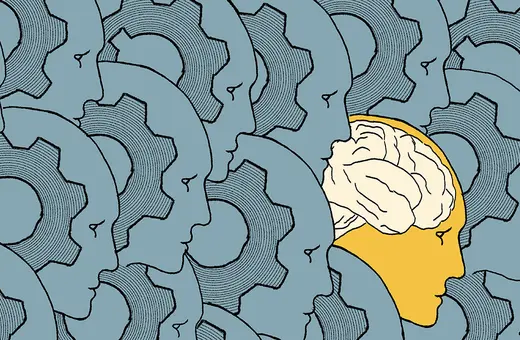We demand honesty as a core value from politicians and lovers alike. Yet small and not-so-small lies have a habit of creeping into our lives. Is it possible to be completely honest – and would this be desirable? Is lying a necessity for life or should we insist on honesty as a means for social cohesion and trusting relationships?
In this issue of IAI News, feminist philosopher Rae Langton asks: what, if anything, is wrong with lying? We instinctively assume that lying is wrong, but is there a difference between deception and falsehood? Is lying wrong in and of itself, or only for its negative effects?
Regardless of the moral rights and wrongs, lying is something most of us do every day, but we rarely admit it even to ourselves. From Oprah Winfrey to Nigel Farage, everyone claims to “tell it like it is”. Sloane Ranger Handbook author Peter York argues that the quest for authenticity just a cheap way to make a fast buck, but forensic psychologist Sophie van Der Zee, asks: might such deception be necessary for our very survival?
Meanwhile, how often are we simply lying to ourselves? Many think wealth and love bring happiness. But our desires can also lead to depression and may even exacerbate global inequality. Psychiatrist Dinesh Bhugra says it’s time to seek better dreams to enrich our lives, while economist Frances Stewart poses the question: how do we know when enough is enough?
Amid so much doubt and deception, can science offer us a path to truth? Science writer John Horgan argues in defence of science against the influences of power, politics, and postmodern philosophy.
Image credit: Ash Carter















Join the conversation